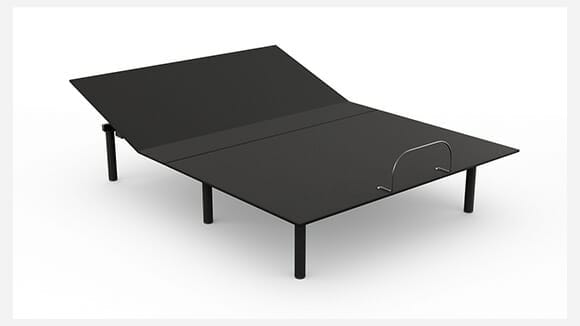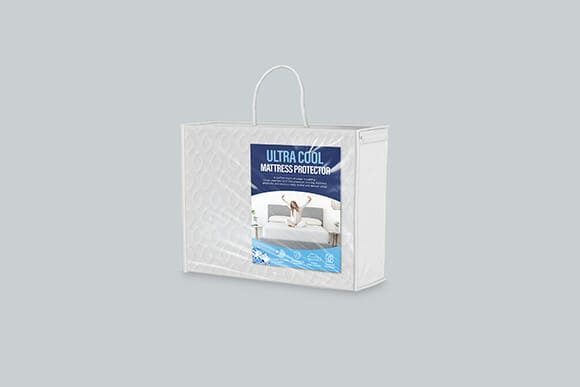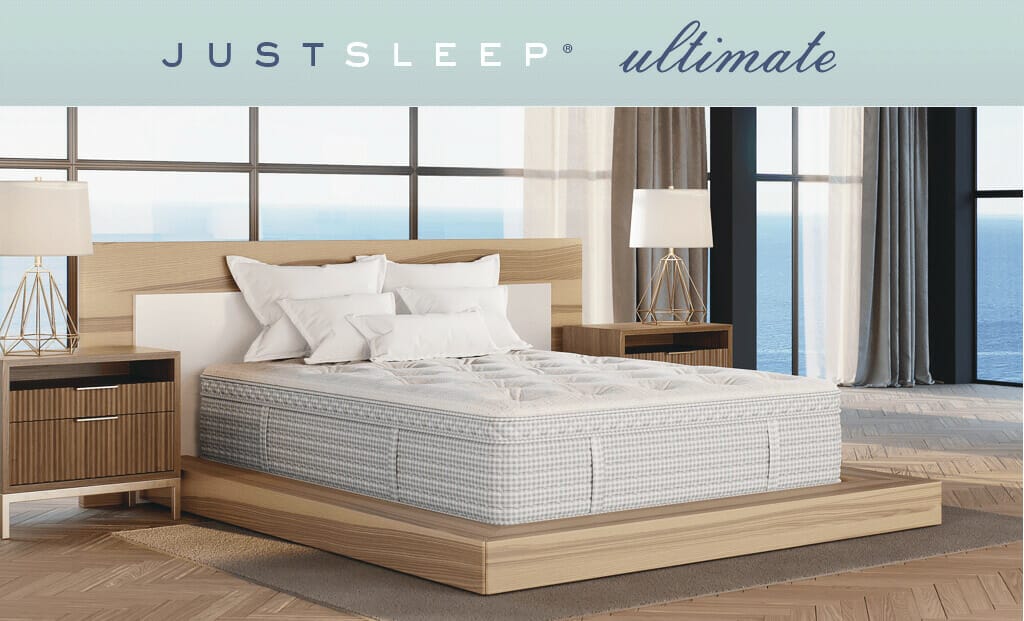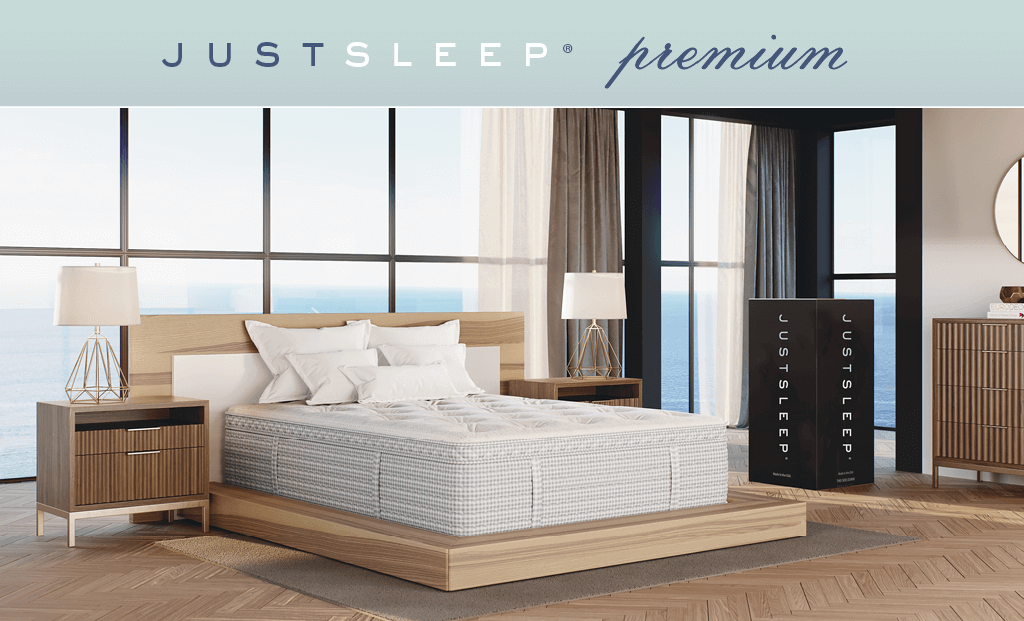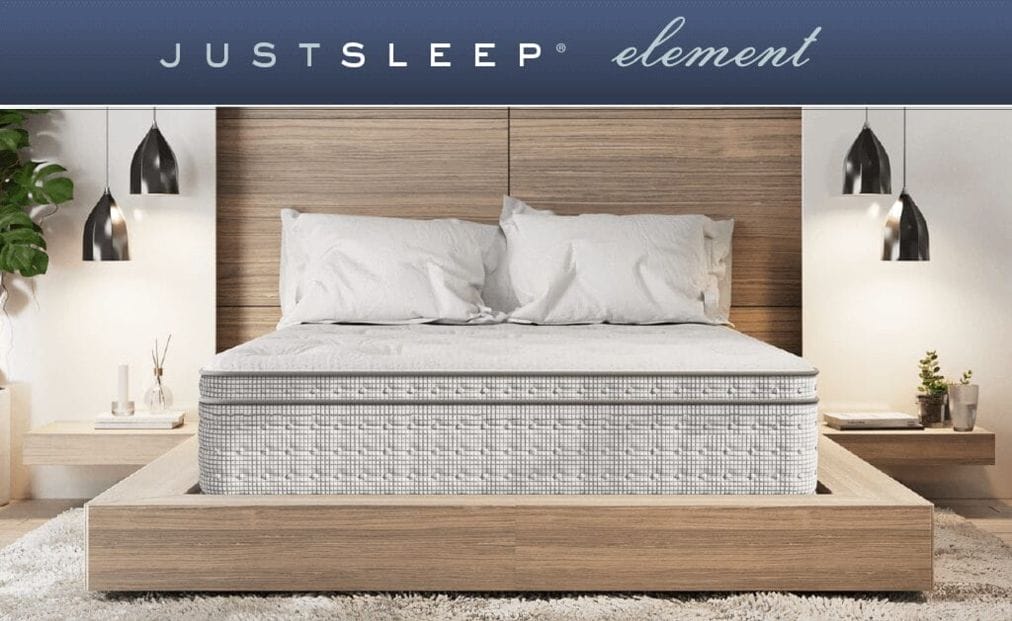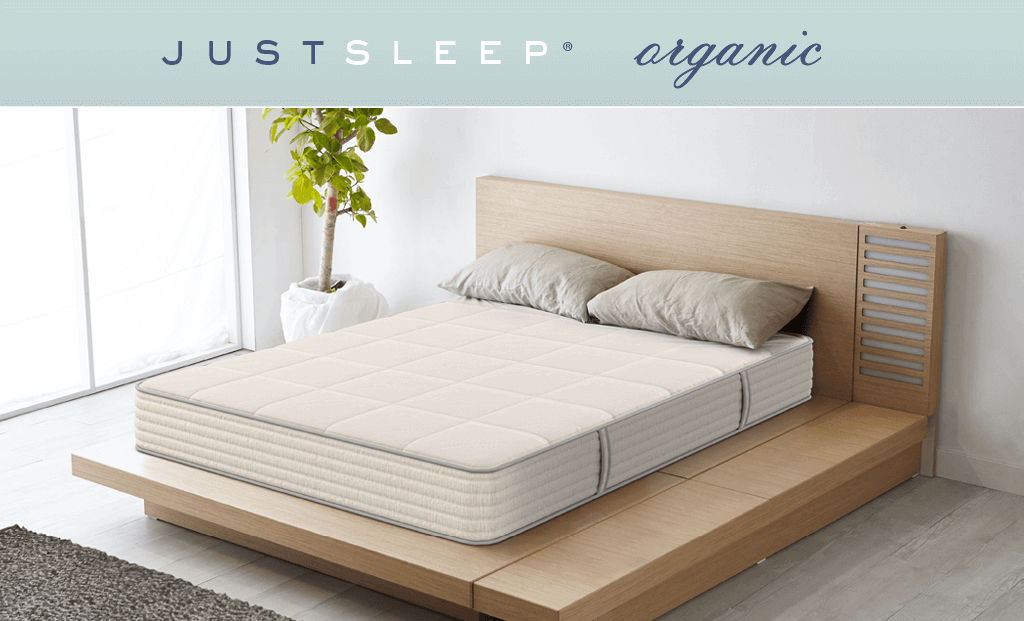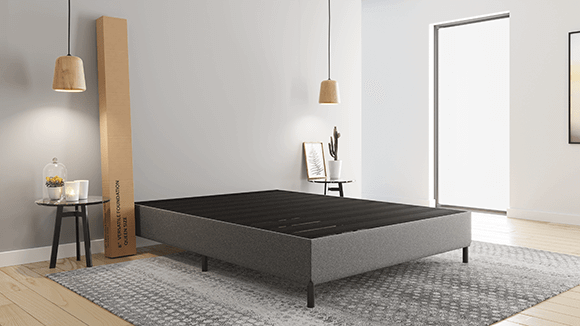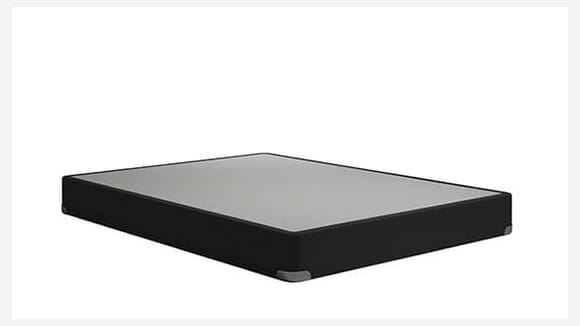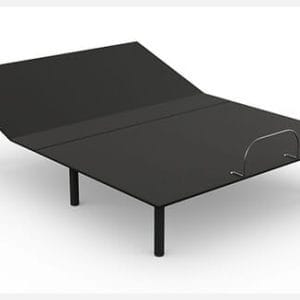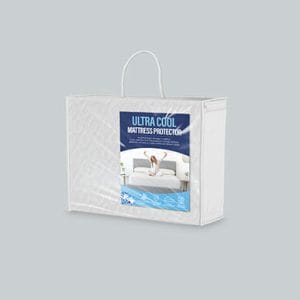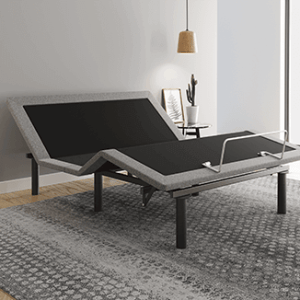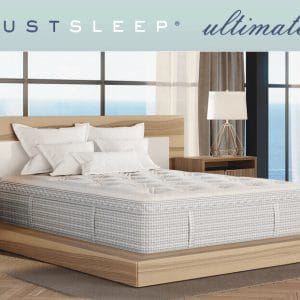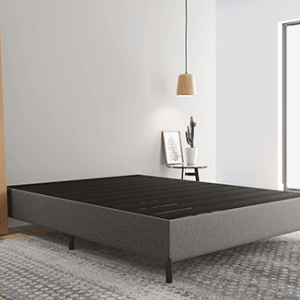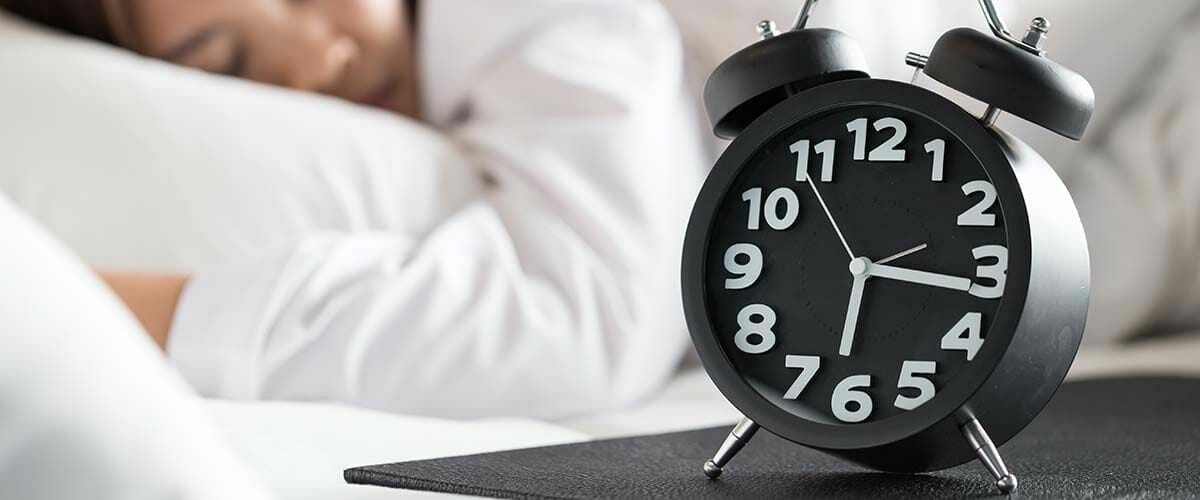
ARE SLEEPING PILLS SAFE TO USE?
So if you’re stressed out for some reason and can’t sleep, should you go to the local grocery or drug store and pick out an “over the counter” medication to help you sleep for a night or two? Let’s look at a few relatively new ideas and you can decide.
Most “over-the-counter” (OTC) medications clearly state on their warning labels that if you have trouble sleeping for more than 2 weeks or more, you should see your doctor. But how many people go to the store and pick out the OTC sleep aid without thinking about how long they will be using it, if there are any side effects and if there is a potential to become addicted in some way?
On the CBS Morning Show on December 29, 2016, there was an excellent segment called “RESTLESS NATION” that had a great guest named Lisa Gill who according to the CBS host “tracts drugs for Consumer Reports”. She was excellent as was the entire program.
The show stated that “Americans will spend over 700 million this year on SLEEP aids.” Pretty amazing right? That is a ton of money but it certainly shows how many people are looking for an easy solution to a very complex problem. The startling thing was that the CBS program on sleep; point to the fact that many people are using the short term sleep medication improperly.
On the show, their expert, Ms. Gill reported that Consumer Report article “Can you get hooked on Over the Counter Sleep Aids” took a survey of more than 4,000 people said that (of the 20% of people who used OTC sleep medications as reported in the actual article) 18% of sleep aid users took the products daily and 41% used for a year or longer”. Let’s put that into perspective: 9 out of 10 people who use the OTC sleep medications misused them on a continual basis and a whopping 41% continued to use it for over a year! Might that have adverse effects that could be linked to memory loss and other neurological effects? Read on…
The most common drugs according to Ms. Gil were Tylenol PM, ZzzQuil, Sominex and Unisom. She reported that they all have at least one of the two antihistamines, Diphenhydramine or Doxlamine. She went on to say that these two antihistamines commonly report side effects of dizziness, confusion, and impaired balance and coordination.
When we look into the potential effects of these drugs, we must consider the common “hang-over effect” that she as well as the Consumer Reports article point to. This may in fact turn into and/or create a vicious circle whereby a person feels tired the next day, needs an extra couple cups of coffee in the late morning or afternoon, then is jittery and wired and can’t fall asleep the next night. What’s next…they need another sleeping pill.
The article points to the concept that there is not sufficient evidence to call it actually “physically” addictive. In the article, they write that according to Carl W. Bazil, MD., PhD, director of the Epilepsy and Sleep Division at Columbia University’s Department of Neurology. “Diphenhydramine can create a psychological dependence, … “The pills are not ‘addictive’ in the physical sense,” he says, “but there can certainly be a risk for a psychological dependency.”
In the CBS program on SLEEP, they quoted an FDA Statement on OTC sleep Aids that “We are not currently aware of data that suggests that OTC nighttime sleep aids containing [Diphenhydramine and Doxylamine] are habit forming when used as directed, but we welcome additional evidence or data around this issue.”
Well, apparently the key words here are “when used as directed,” as it seriously begs the question: What happens when people don’t use it as directed- as seen in the 4000 people survery whereby 90% of the people that used OTC sleep meds said they basically ignored the directions on the label and took them daily and oftentimes for over a year? Therefore, I would highly encourage the FDA to look at the levels of antihistamines that accumulate in the bodies of the 90% of the consumers that basically self-medicate and determine if there are any side effects of long-term use and if perhaps these results may then require stronger language used on the labels of the OTC sleep meds. It is my understanding that these two long standing antihistamines were approved by the FDA before 1962 and were in essence “grand-fathered” in to the sleep aid market under the term “antihistamine”. Perhaps this approval for safety may need to be at least tested and perhaps then updated.
One of the reasons I suggest this is that in a study January 2015 that consumer reports also eludes to in there excellent article about “Can you get hooked on Over the Counter Sleep Aids”, from JAMA Internal Medicine, that “the frequent, long-term use of first-generation antihistamines, including diphenhydramine, was linked to an increased risk of dementia, including Alzheimer’s disease.”
In summary, great job CBS for airing a segment on sleep medications and bringing in Consumer Reports analysist Lisa Gil to shed light on the potential over-use and misuse of over the counter sleep aids. It is also my intention to bring to light numerous other “sleep hygiene” solutions that can be found in my book “Unlocking the Mysteries of Sleep” that can be downloaded free of charge from either of my websites:
www.PILLO1.com or www.JUSTSLEEPbeds.com
My final comment is that I believe anyone who suffers from snoring, sleep apnea, daily tiredness, headaches, drowsy driving, insomnia or disrupted sleep for over 2 weeks should be evaluated in one of the many great sleep labs across our nation or at least by a doctor such as myself and most likely be tested with at least a home sleep test for other possible causes. With that said, my conclusion of the data to date is that if you simply have a bad day or are very stressed out for a very short period of time, I do believe that one may want to look for a OTC sleep aid from time to time, but only on a very rare and temporary basis and most importantly, use them only as directed. But by far, the best advise I could give you is look into the vast amount of data and research that demonstrates how important proper sleep hygeine, nutrition and relaxation techniques commonly used in cognitive behavioral therapy can be. Always look holistically FIRST and of course that starts with great mattressess and pillows!
Sleep well,
Dr Raymond Hall, DC

